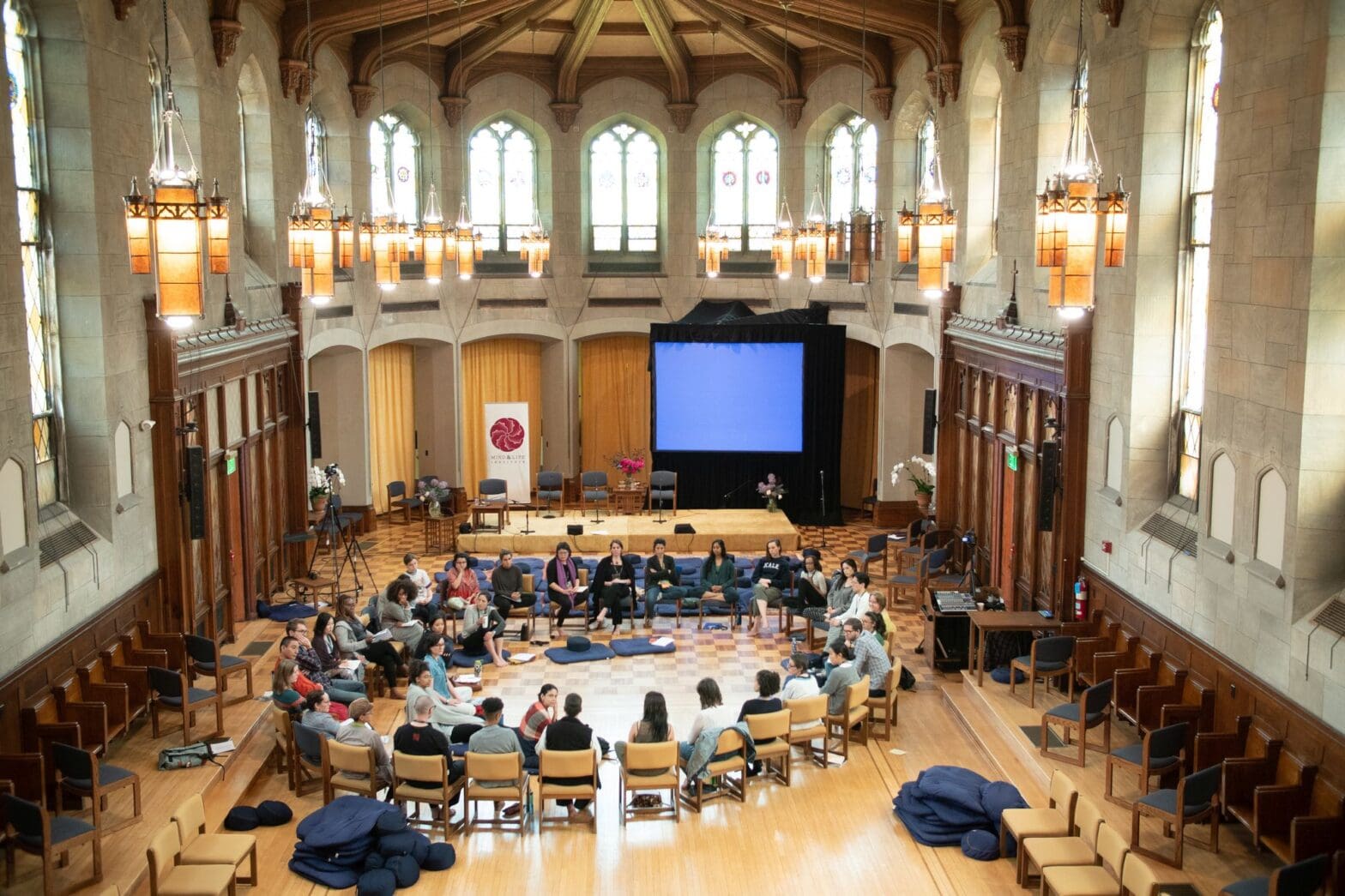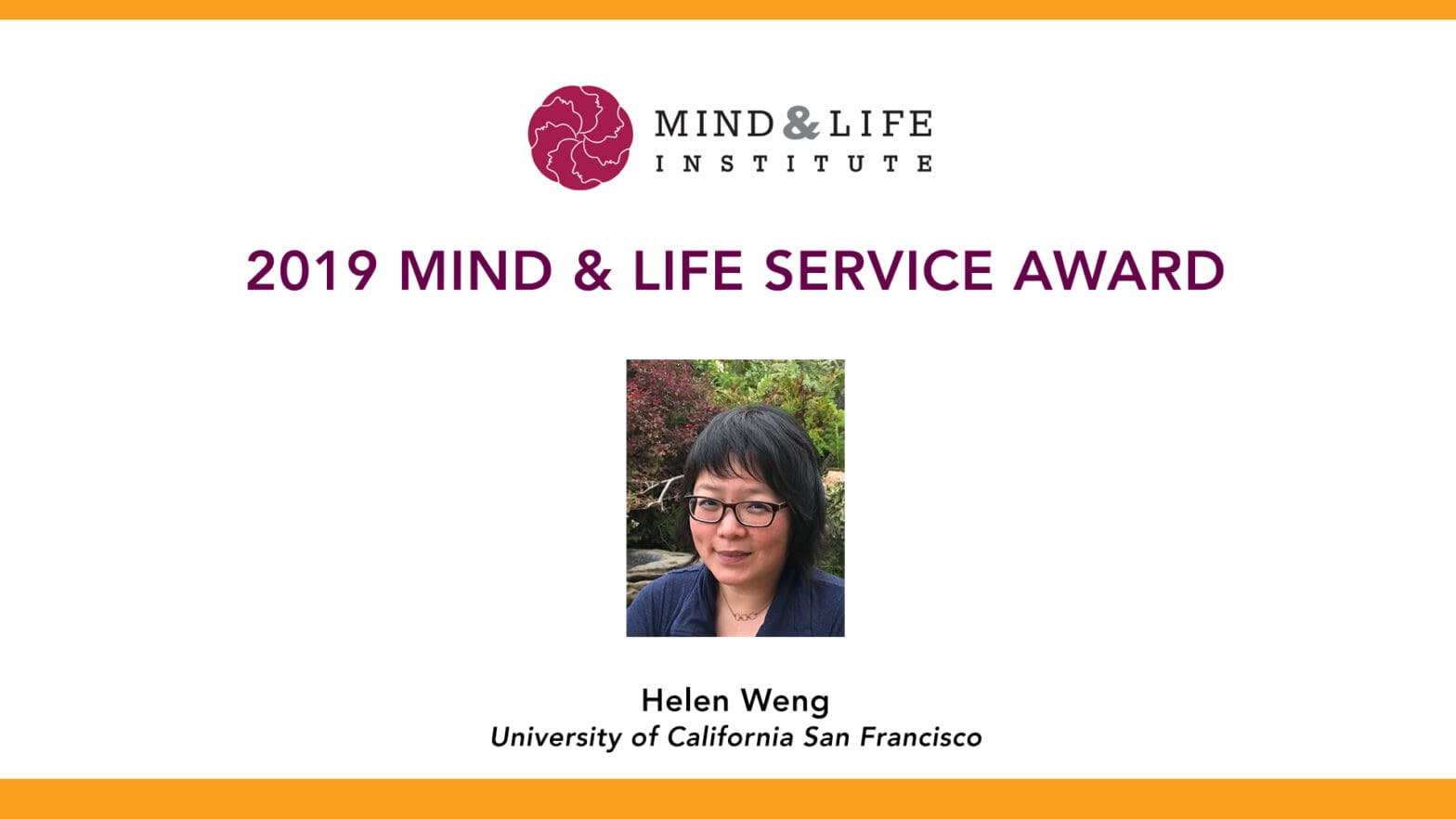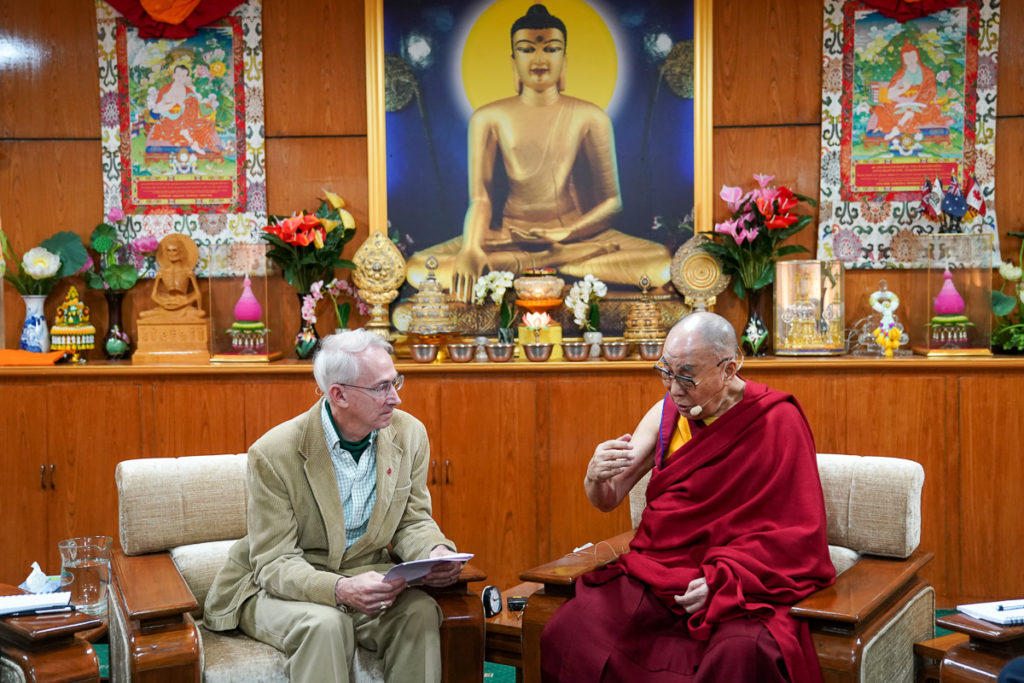It is well known that human beings are both profoundly interdependent and profoundly unconscious—a dangerous mix. In our conscious and unconscious desires to protect ourselves, we “need” an enemy whom to fight against, control, or withdraw from. In Polly Young-Eisendrath’s decades-long professional experience as a Jungian psychoanalyst and a couples therapist, as well as her …
Topic Archives:
Person-Perception, Self-Perception, and Moral Development from Infancy to Adolescence
In this session, Rob Roeser will present selected developmental science research on social cognition and person-perception—defined in relation to how individuals’ perceptions and understandings of other people/groups develop from infancy through adolescence, and moral and self-development—defined in relation to how individuals’ capacities for self-regulation, compassion, and fairness in social interactions, and their related moral identities …
How Difference is Constructed and What We Can Do About It: Perspectives across Evolution, Culture, and Mindfulness Training
Conceptual classification and linguistic reification are intrinsic to, if not diagnostic of, humans as a species. These potentiate but do not necessitate what Foucault calls “dividing practices,” which inscribe stigma and prejudicial discrimination weighted by power to effect domination and control of some classes of people by others. These processes entail intrasubjective dynamics, notes Bruce …
Flexible Social Cognition and Dehumanisation
Lasana Harris’ presentation will focus on flexible social cognition—our ability to infer the mental states of other people, animals, and non-human objects, and to withhold this ability in the presence of others. This latter phenomenon termed dehumanised perception is moderated by the social context, such that people read cues from the situation, as well as …
Continue reading “Flexible Social Cognition and Dehumanisation”
Communication Between Cultures: Towards a Dialogue of Human Reconciliation
Cross-cultural (mis)communication is not just something that happens between strangers; it is an event of everyday life but rarely exclusive to the ‘other’ outside our cultural community. Since people’s most important values, viewpoints, mindsets, conducts, and ways of interacting and communicating (verbal and non-verbal) are shaped by culture, it becomes extremely important to understand other …
Continue reading “Communication Between Cultures: Towards a Dialogue of Human Reconciliation”
2018 Summer Research Institute
The 2018 Mind & Life Summer Research Institute extends the arc from the 2016 and 2017 programs that addressed themes of context, social connectivity, and intersubjectivity by engaging critical topics relevant to cultural difference and human diversity. The weeklong immersive program will examine social and psychological patterns, both implicit and explicit, to discuss how difference is constructed at personal, interpersonal, and socio-structural levels. Scientific, humanistic, and first-person contemplative perspectives will give attention to processes of othering and how we can overcome conflict by embracing difference.
Helen Weng: Using Science to Spread a Message of Compassion, Equity, and Inclusion
In late 2019, Helen Weng, PhD was honored with the Mind & Life Institute Annual Service Award. The award is given to individuals who are distinguished by the breadth and depth of their involvement with Mind & Life, and who embody its core values of compassion, integrity, curiosity, inclusion, and excellence. Below is a tribute …
Othering and Belonging
Othering and Belonging is the problem of the 21st century. In this talk, the presenter will describe how the changes in the world are creating deep stress and anxiety. This process is likely to increase for the foreseeable future. This stress is both biological and ontological. The way we respond is social. The underlying issue …
Breaking Habits: Self-Transcendence and Health Behavior Change
What promotes adaptive attitude and behavior change? In this talk, it will be proposed that self-transcendence, or the drive to care for the well-being of others beyond self-interests, is key to increasing receptivity to change. Psychological and neurocognitive mechanisms of self-transcendence that help make people more open to change in the domains of social attitudes …
Continue reading “Breaking Habits: Self-Transcendence and Health Behavior Change”
Toward a Whole World Ethic: The Role of Conscious Evolution
This is the second of two blog posts describing recent Mind & Life Conversations with the Dalai Lama and prominent thought leaders on the topic of “Compassion, Interconnection, and Transformation.” Photos by Phil Walker and Tenzin Choejor. At a time of sweeping change and daunting global challenges, what’s needed is a whole world ethic to unite …
Continue reading “Toward a Whole World Ethic: The Role of Conscious Evolution”




